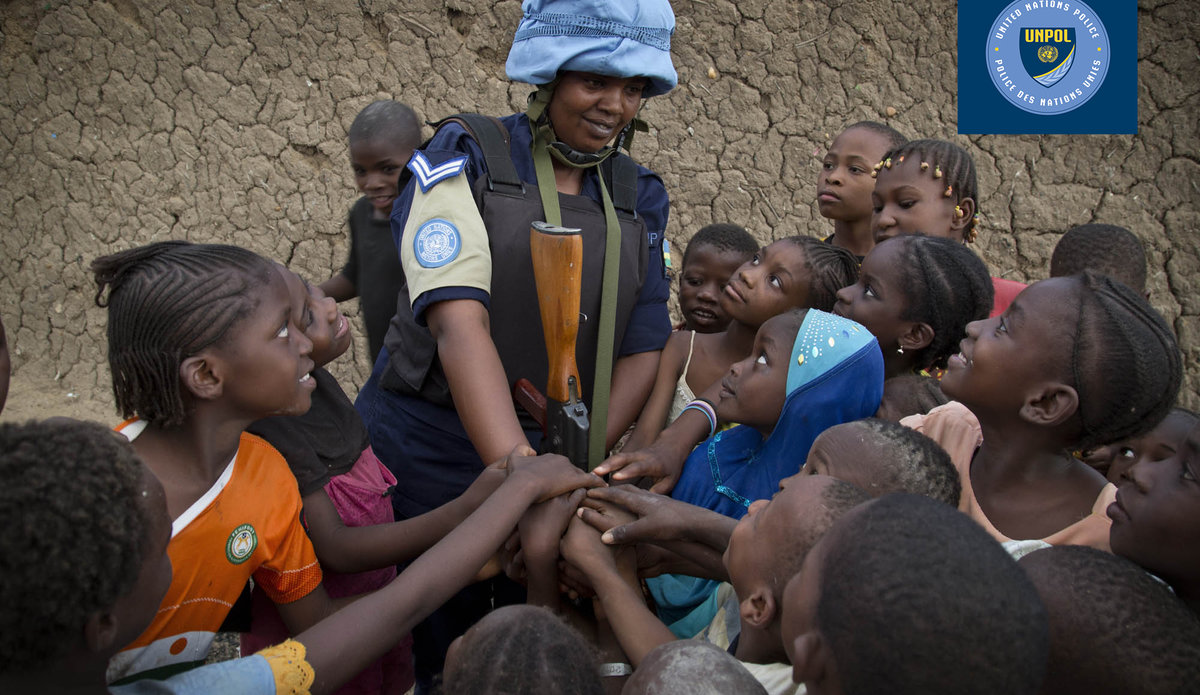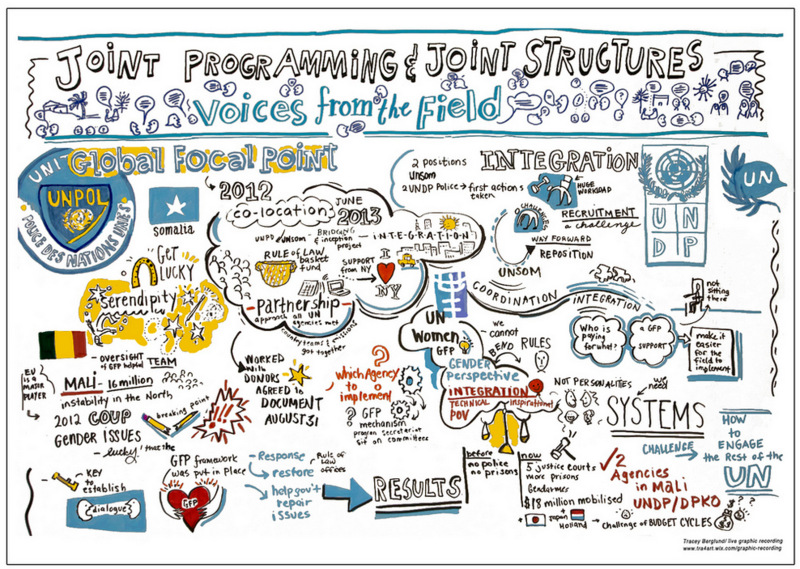Once tasked to merely monitor and report, police peacekeepers are now problem-solvers and mentors. They often substitute for local police or build whole organizations from the ground up. On any given day, they are protecting civilians from harm; helping to secure elections; investigating incidents of sexual and gender-based violence; or fighting transnational organised crime and violent extremism alongside their host-state counterparts.
The Strategic Guidance Framework for international police peacekeeping (SGF) defines how the United Nations does policing. To make UN police a cohesive service while benefiting from its natural diversity, this cascading guidance architecture will help all United Nations police officers understand what their tasks are and what the United Nations police approach is to, capacity building or protection of civilians. The guidance architecture is also used to classify the type of job profiles required for individual police officers.
The Strategic Guidance Framework also provides the guidance necessary for a police component in a multilateral peace operation to play its part in an integrated approach to conflict management and sustainable peacebuilding — a role that is expected to increase in the year to come in light of the Global Focal Point arrangement in the Police, Justice and Corrections Areas in the Rule of Law in Post-conflict and Other Crisis Situations between the Department of Peace Operations and United Nations Development Programme.


